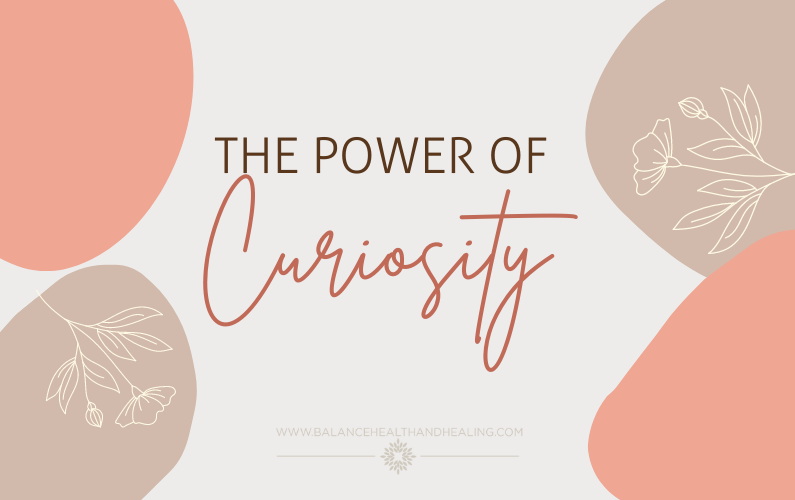My four-year-old son is one of the most inquisitive human beings I have ever met. As his mom, I often find myself exhausted by his never-ending stream of questions. I keep a running list of some of his most intriguing (and hilarious) questions because I’m constantly astounded by the wonderings inside his little mind. Here is a sampling of questions he has asked me:
“Can moths burp?”
“How do pandas get their hair cut?”
“Where did that guy get his mustache from?”
“How do penguins scratch themselves if they don’t have fingers?”
“Why don’t people talk more about cat birthday parties?”
 Sometimes his questions leave me unsure of how to answer, but nonetheless, I appreciate his way of thinking about the world. As you can imagine, his questions often lead us to some very interesting discussions and discoveries. I don’t see him running out of questions any time soon.
Sometimes his questions leave me unsure of how to answer, but nonetheless, I appreciate his way of thinking about the world. As you can imagine, his questions often lead us to some very interesting discussions and discoveries. I don’t see him running out of questions any time soon.
Criticism vs. Curiosity
The process of recovering from eating and body image concerns can raise many questions as well, on topics that likely feel more overwhelming than the subject of panda grooming or moth digestive systems. Often, these questions can come from a place of frustration or discouragement. What follows is a sampling of questions that may come up during recovery. As an experiment, I’d like you to compare how it feels to ask these questions with criticism, and then to ask the same questions with curiosity:
Why do I binge any time I’m home alone?
Why is it so hard for me to commit to my meal plan?
Why do all my therapy sessions feel so frustrating lately?
Why do I feel triggered so often?
Why is it so hard for me to talk about how I’m feeling?
Why do I hate my body so much?
Sometimes, asking these questions with criticism and frustration absolutely makes sense. Eating recovery is challenging, and self-criticism can easily show up in the process of trying to break patterns of disordered eating. However, asking these questions with criticism can lead to the awful feeling of being stuck, trapped, inadequate, and overwhelmed. On the other hand, asking these same questions with curiosity–genuine openness and interest–leaves room for change and discovery.
Questions With Curiosity, and Without Judgment
Think about bringing the same energy to these questions as my 4-year-old brings when he looks at a moth and wonders whether or not it can burp. Practice asking yourself questions with curiosity, and without criticism. Let the questions fly, as if you were looking at yourself and your experience for the first time, without judgment.
these questions as my 4-year-old brings when he looks at a moth and wonders whether or not it can burp. Practice asking yourself questions with curiosity, and without criticism. Let the questions fly, as if you were looking at yourself and your experience for the first time, without judgment.
For example, instead of “Why can’t I just stop bingeing? Why do I always do this? What is wrong with me?”, try this:
Why is it that I binge when I’m home alone?
How did I learn that bingeing was something I could turn to?
Have there ever been times when I haven’t binged while home alone? What was different?
What would I wish for someone else feeling the same way I do when I binge?
When did I first notice the urge to binge today?
Keeping curiosity at the forefront in recovery can help you be more present and aware of your experience, rather than being swept up in patterns without awareness. Curiosity can help you feel more flexibility in the way you think about yourself and your recovery, rather than seeing patterns and beliefs as rigid and unchanging. In short, criticism can lead to discouragement, while curiosity can lead to hope. The next time you find yourself questioning yourself out of frustration, allow yourself to shift into curiosity mode, and notice what feels different.
Also, if anyone finds out if moths can burp or not, please let me know. Thanks in advance.

